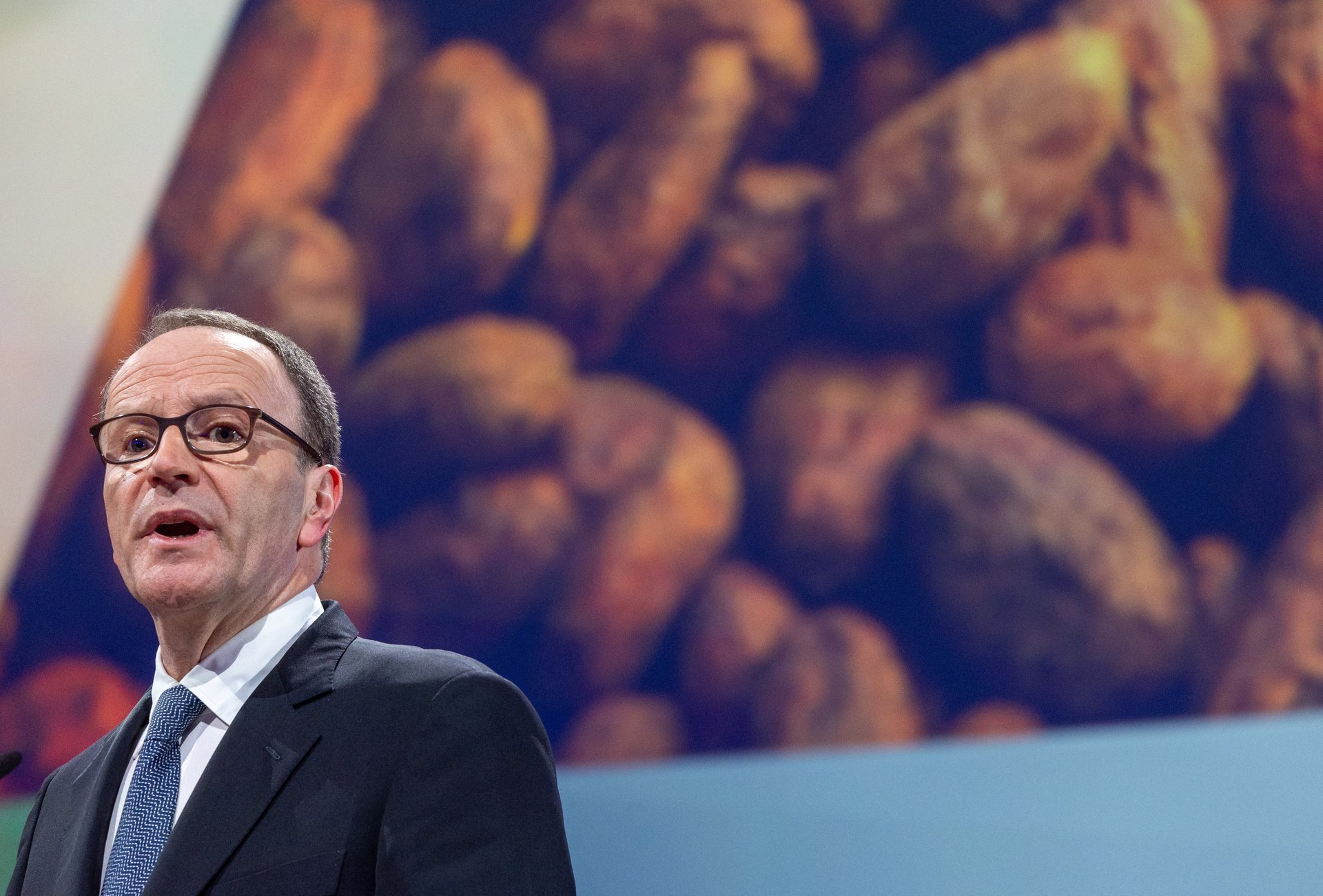Nestle's CEO on the Ozempic era: Consumers' nutritional needs are 'shifting'
The company announced a new line of frozen-food products for GLP-1 users

Nestle CEO Mark Schneider says that the rise of weight loss drugs known as GLP-1s have shifted the nutritional needs of consumers, creating a new opportunity for food companies.
Suggested Reading
Drugs like Ozempic, Wegovy, and Zepbound are part of a newish class of medications known as GLP-1s that suppress a user’s appetite. Demand for the drugs has skyrocketed in the last year, which has made some food executives nervous about their bottom lines.
Related Content
Lars Fruergaard Jorgensen, the CEO of Ozempic and Wegovy maker Novo Nordisk, said in February that chief executives at food companies are calling him for advice regarding the popular drugs.
Schneider told CNBC’s Silvia Amaro on Thursday that he had a similar response at first.
“The initial reaction was, okay, people who are on this drug will simply consume less food, and hence, it’s going to be a straight negative to food companies like us. And I think what since has emerged is that [their] nutritional needs don’t go away, they’re just shifting,” Schneider said.
Last week, Nestle announced it was launching a new line of frozen food products targeting GLP-1 users.
The brand, Vital Pursuit, is set to launch later this year and will consist of 12 new items including pizza, sandwiches, pastas, and bowls.
On Thursday, Schneider said the products will be vitamin-rich, as people on GLP-1s eat less food but still need the same amount of daily vitamins. They will also be protein-heavy to help consumers maintain muscle mass as they lose weight.
Schneider’s comments fall in line with what some Wall Street analysts have said about the impact GLP-1s will have on the food industry.
According to Morgan Stanley report from April, the rise in use of these drugs are “not an existential risk,” but a “manageable long term pressure.” The report said that fast-casual restaurants, such as Cava, Chipotle, and Sweetgreen, are positioned well to handle the looming shift in consumer spending. But more traditional fast-food spots like Jack in the Box, Wendy’s, and Wingstop will face more pressure.
